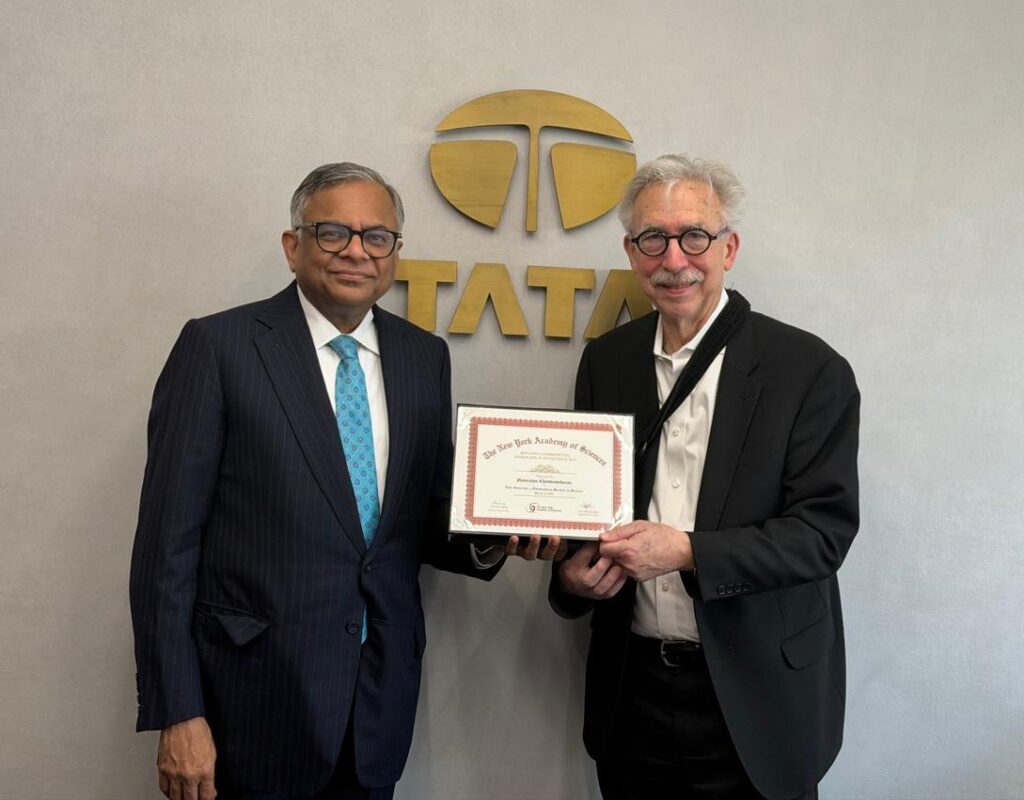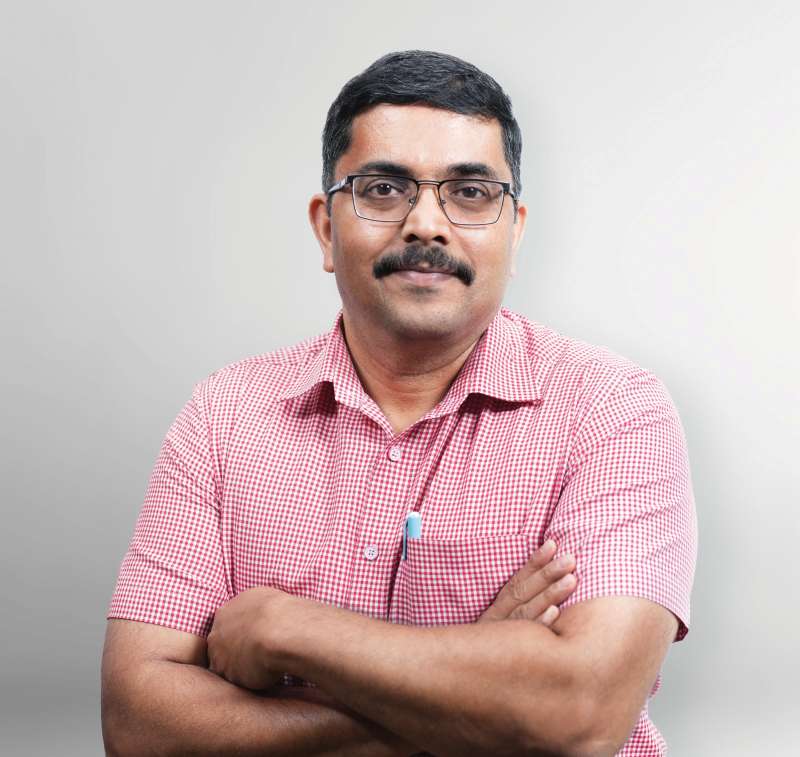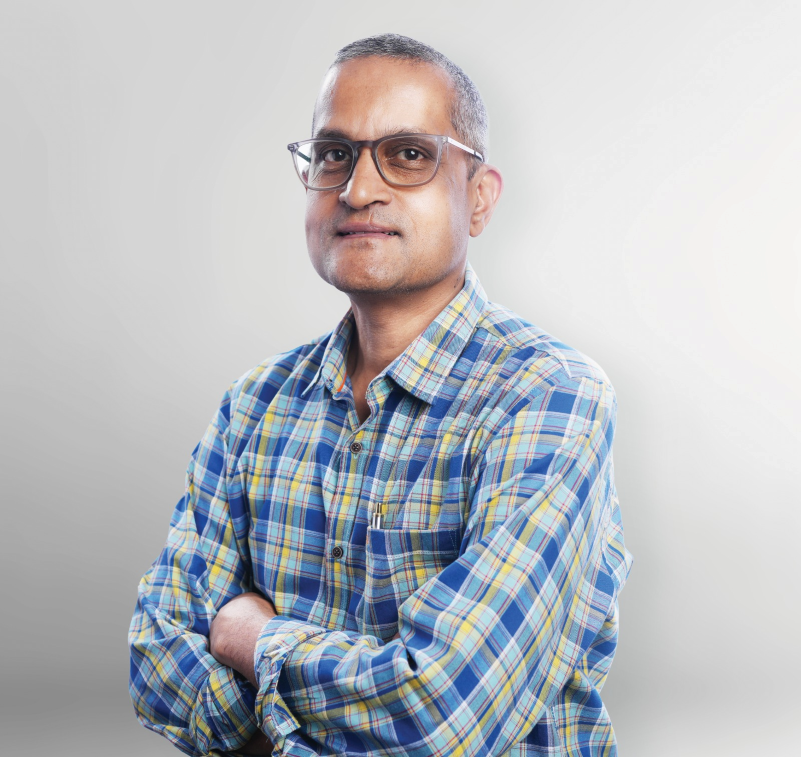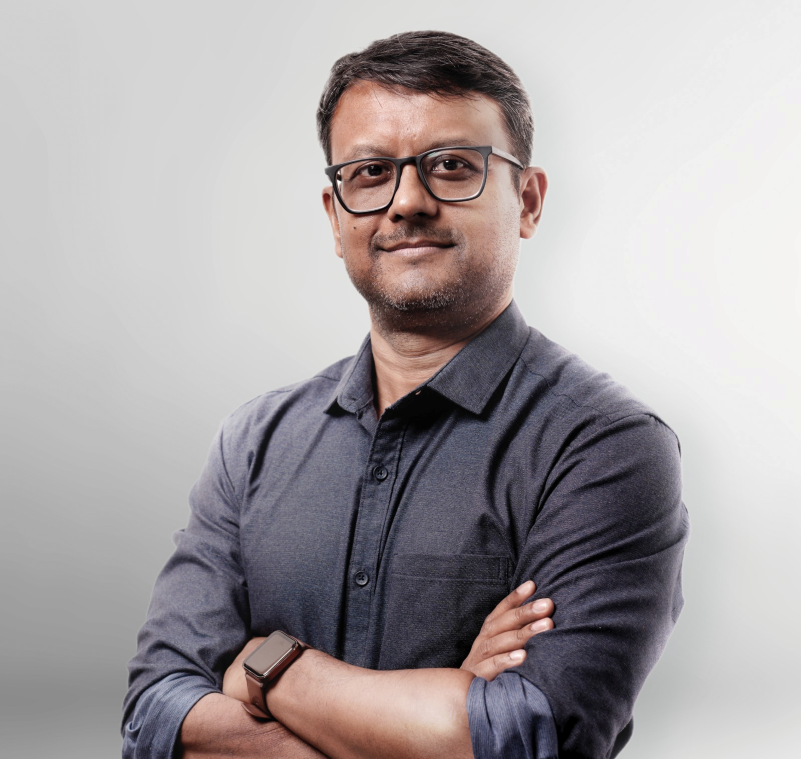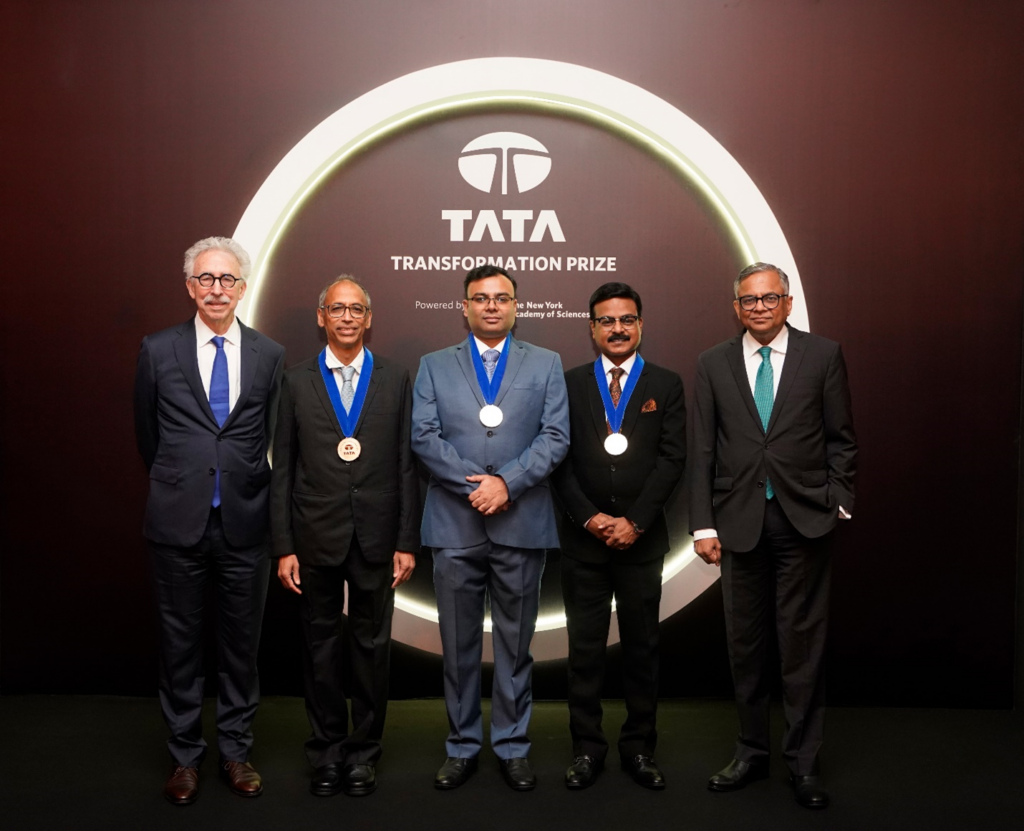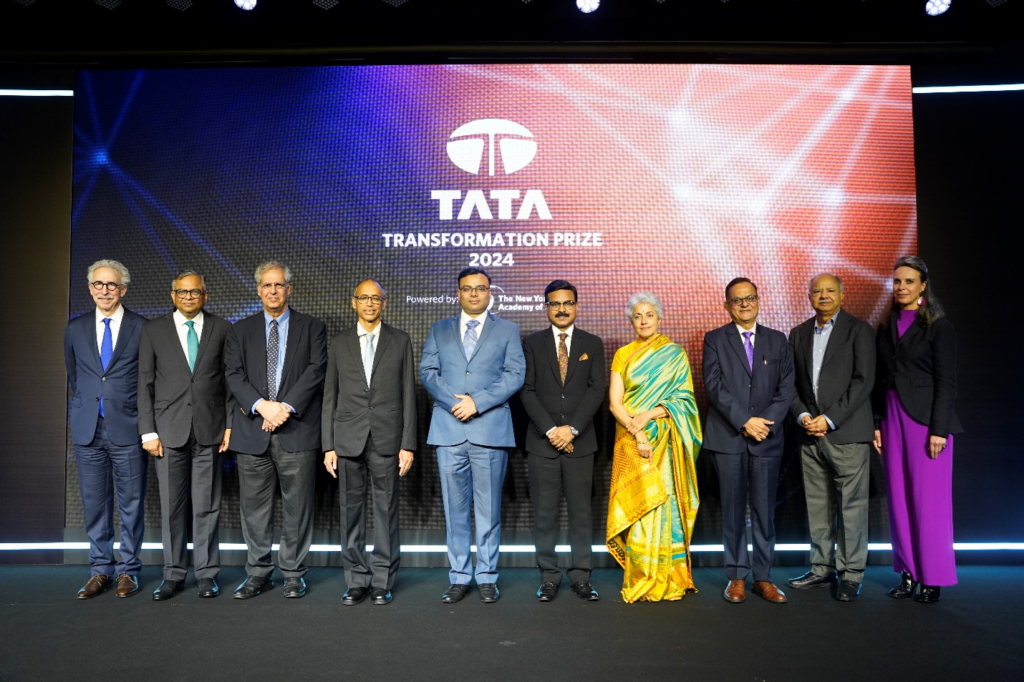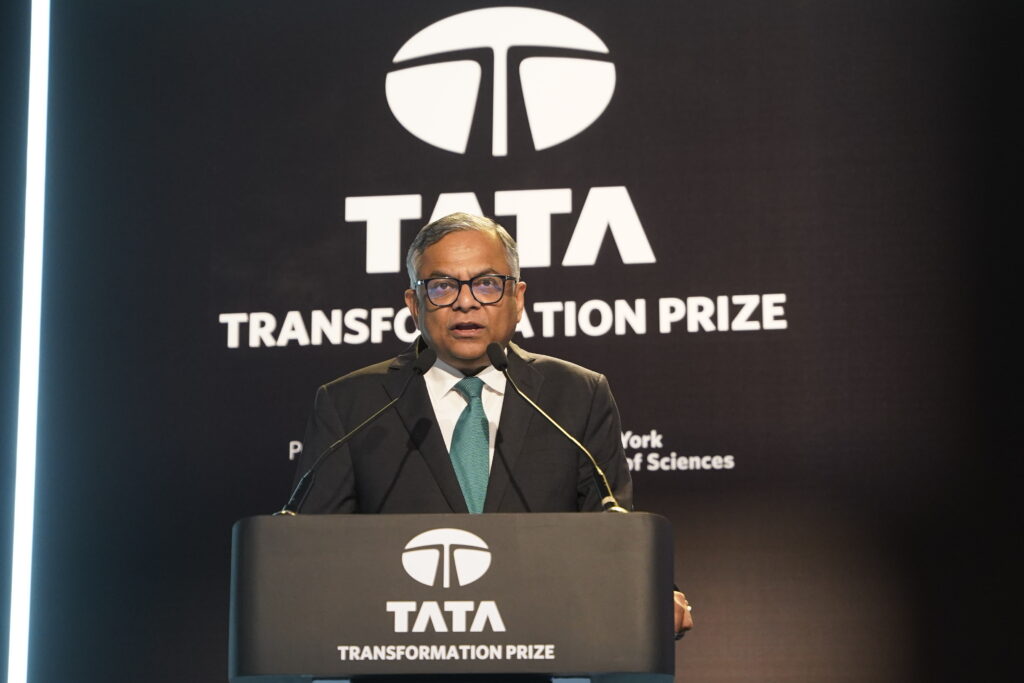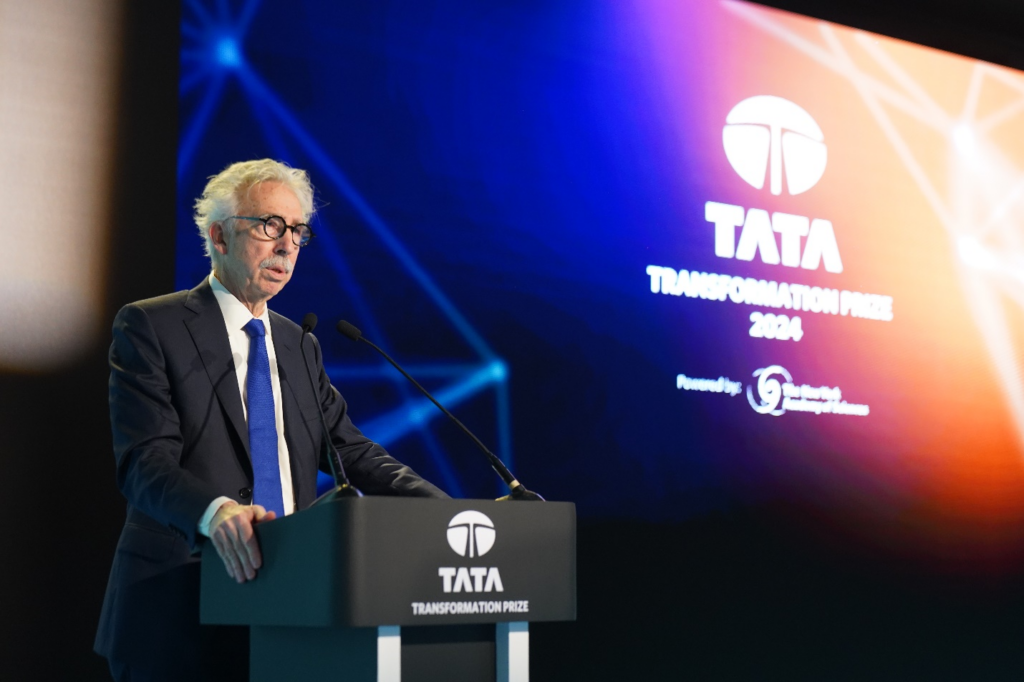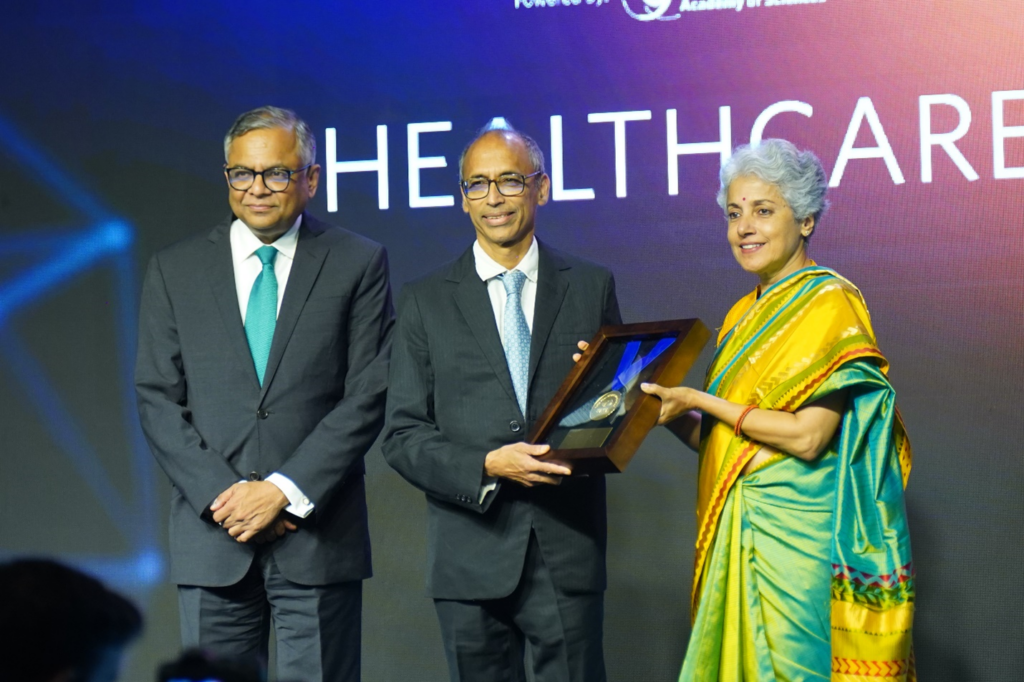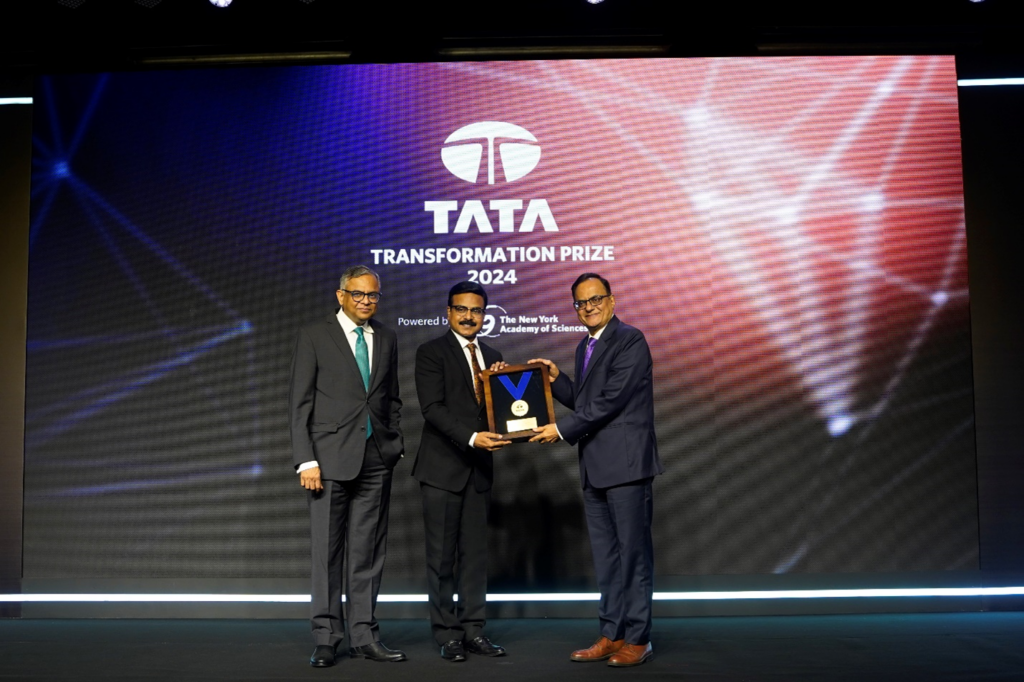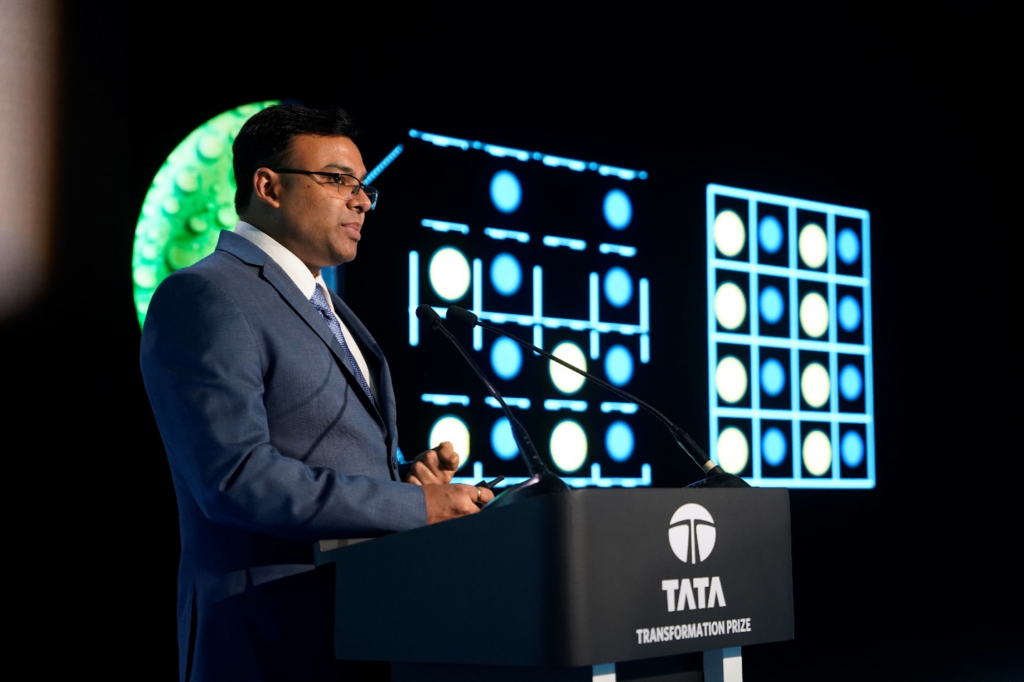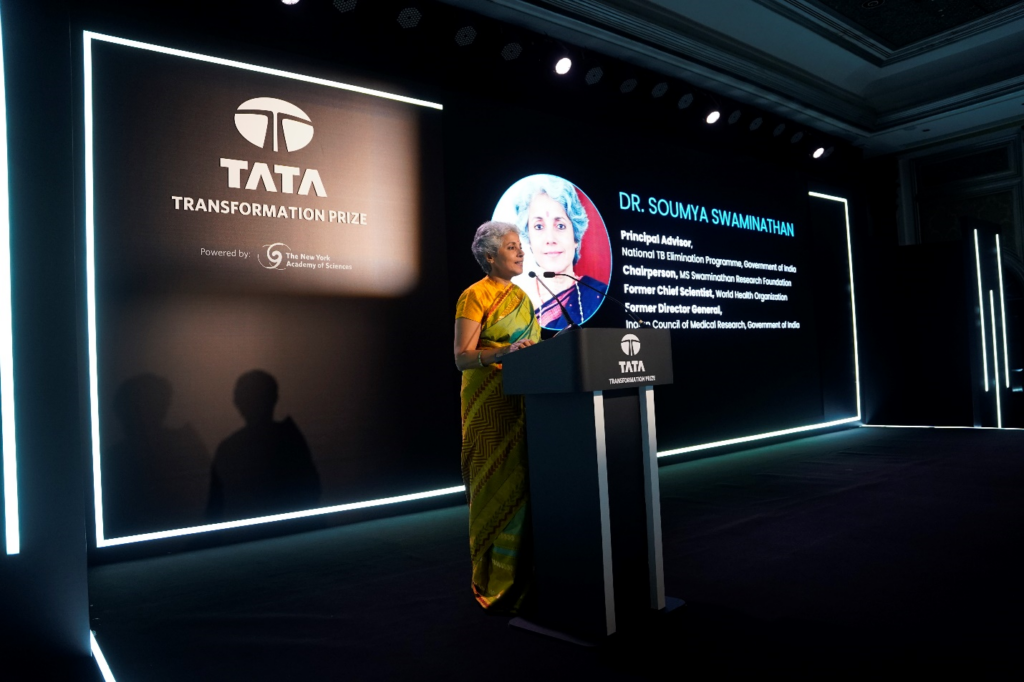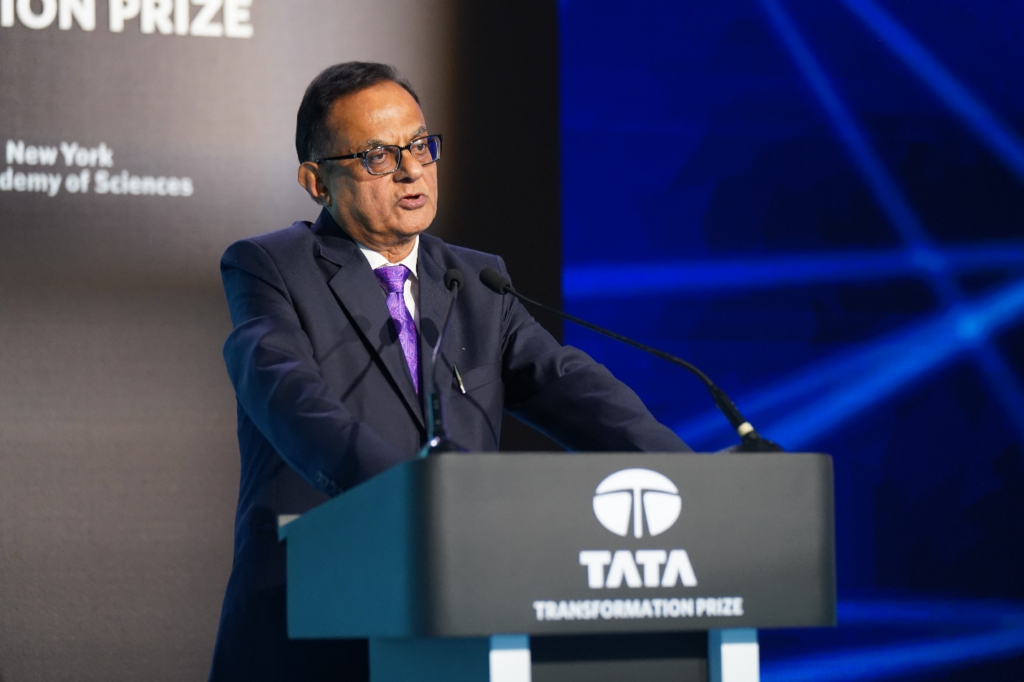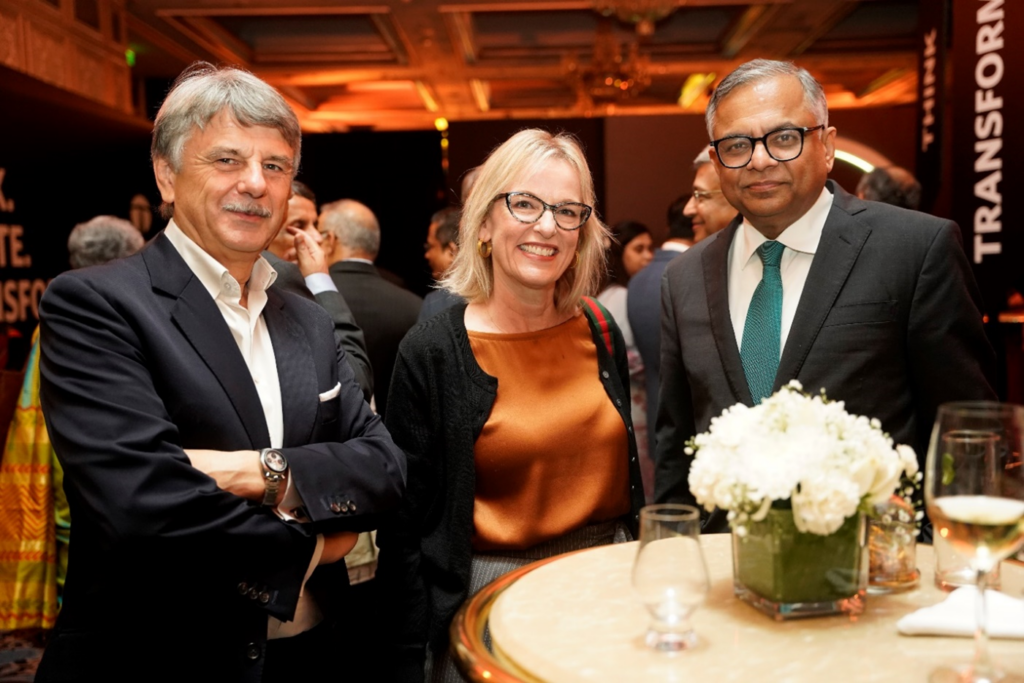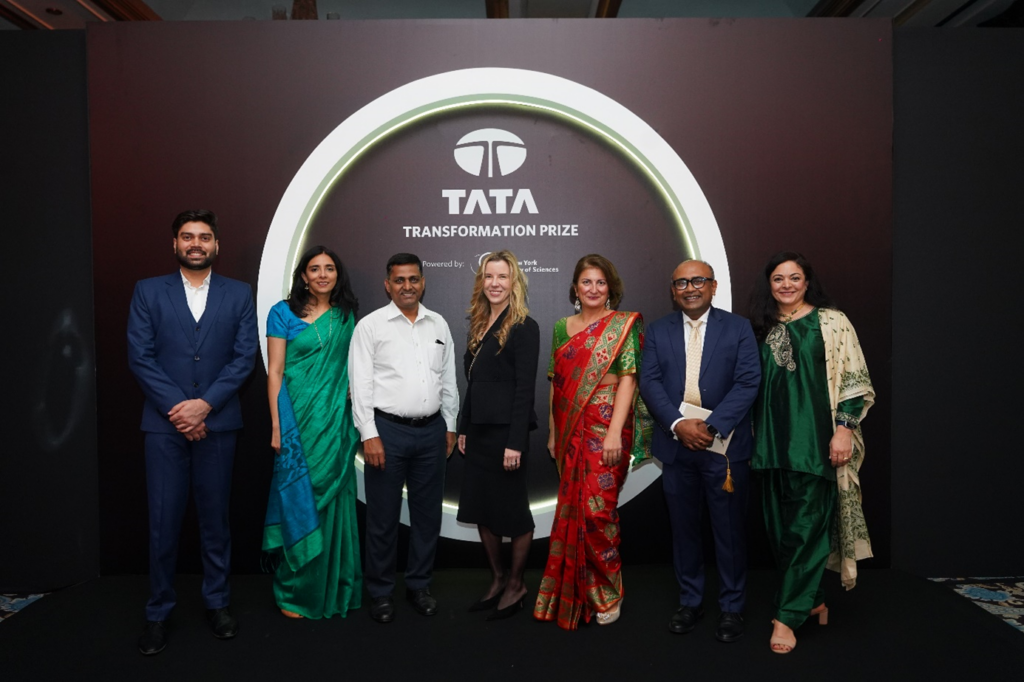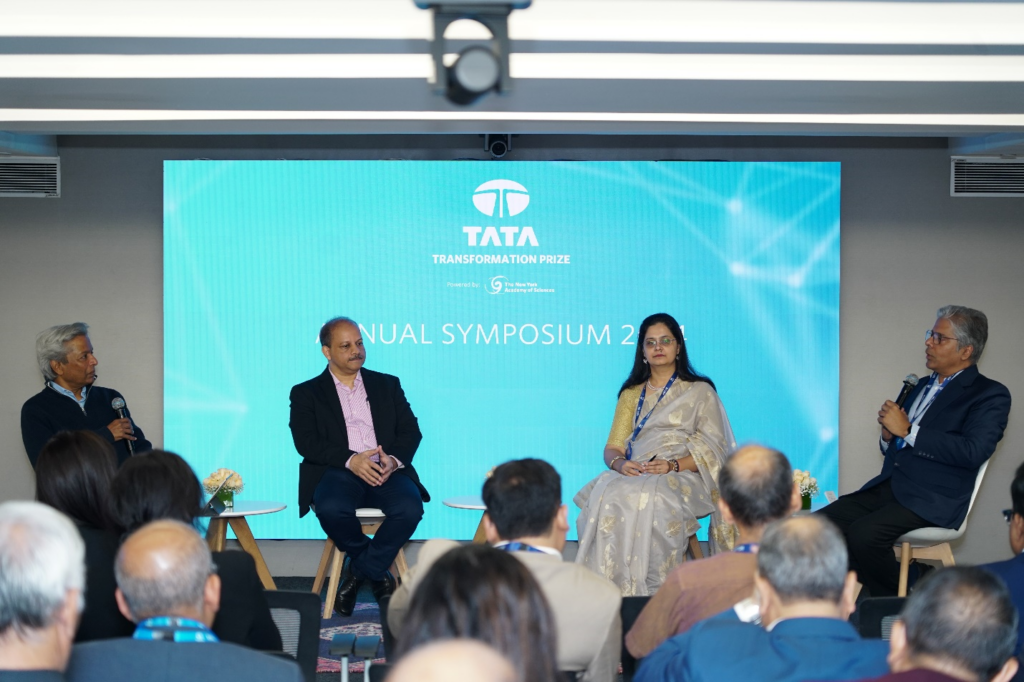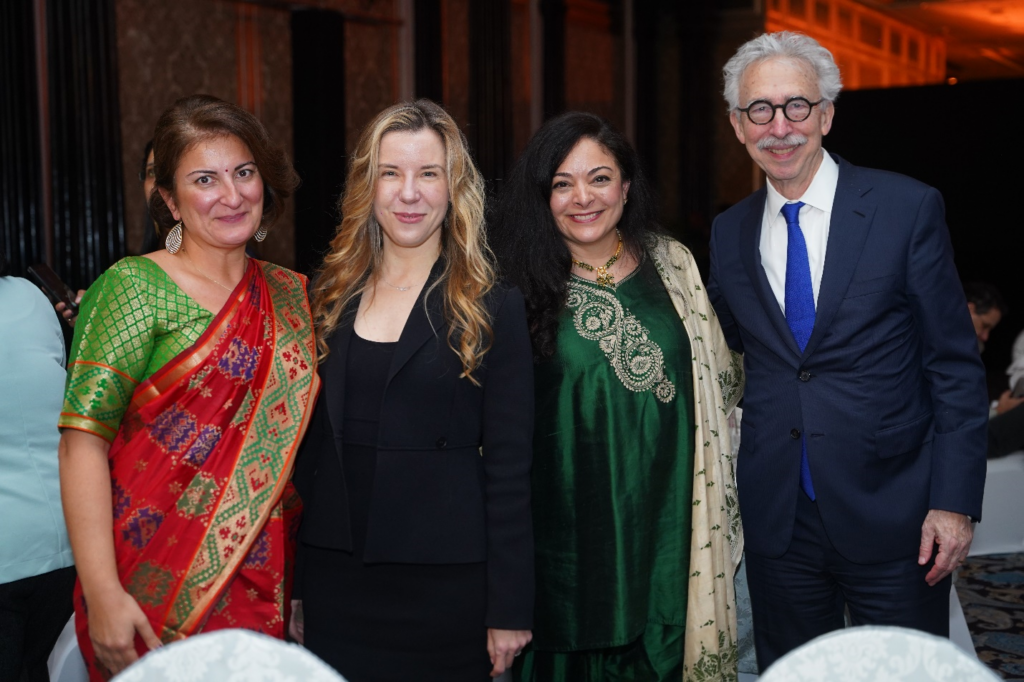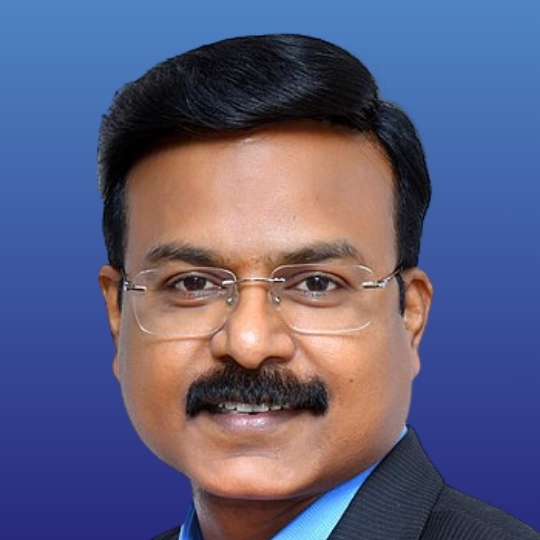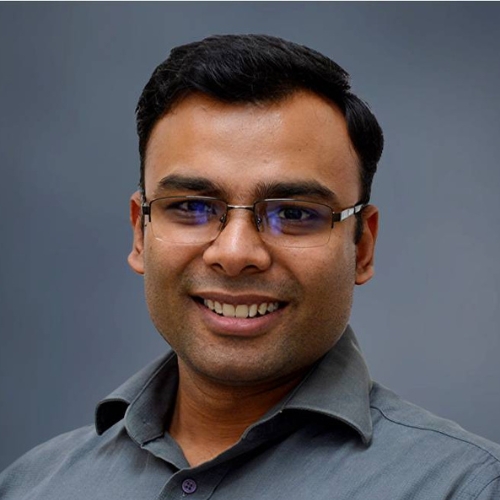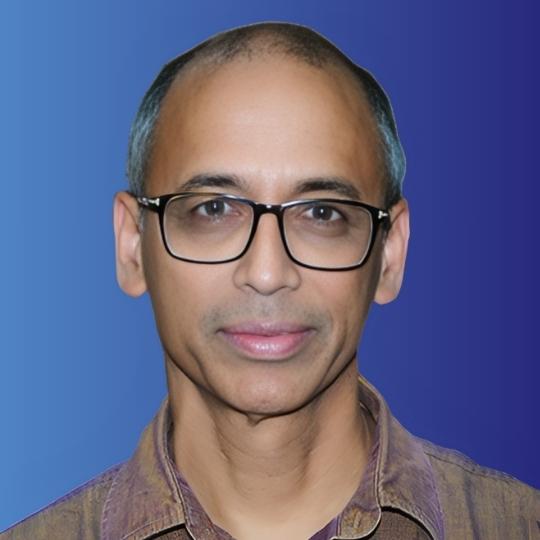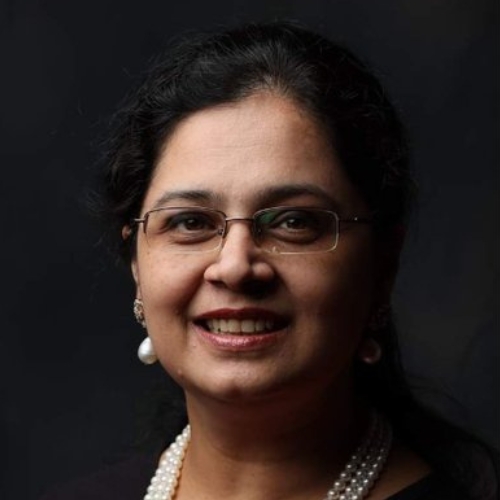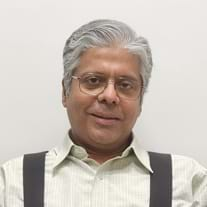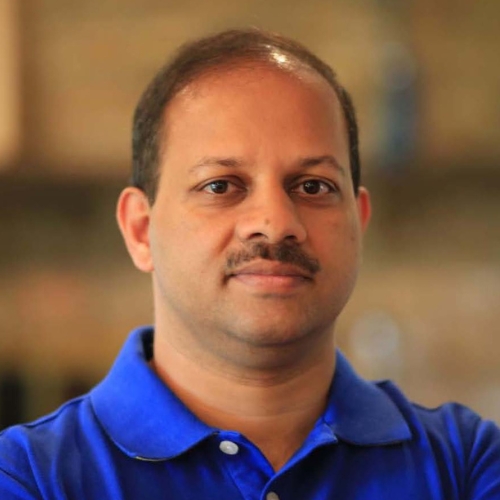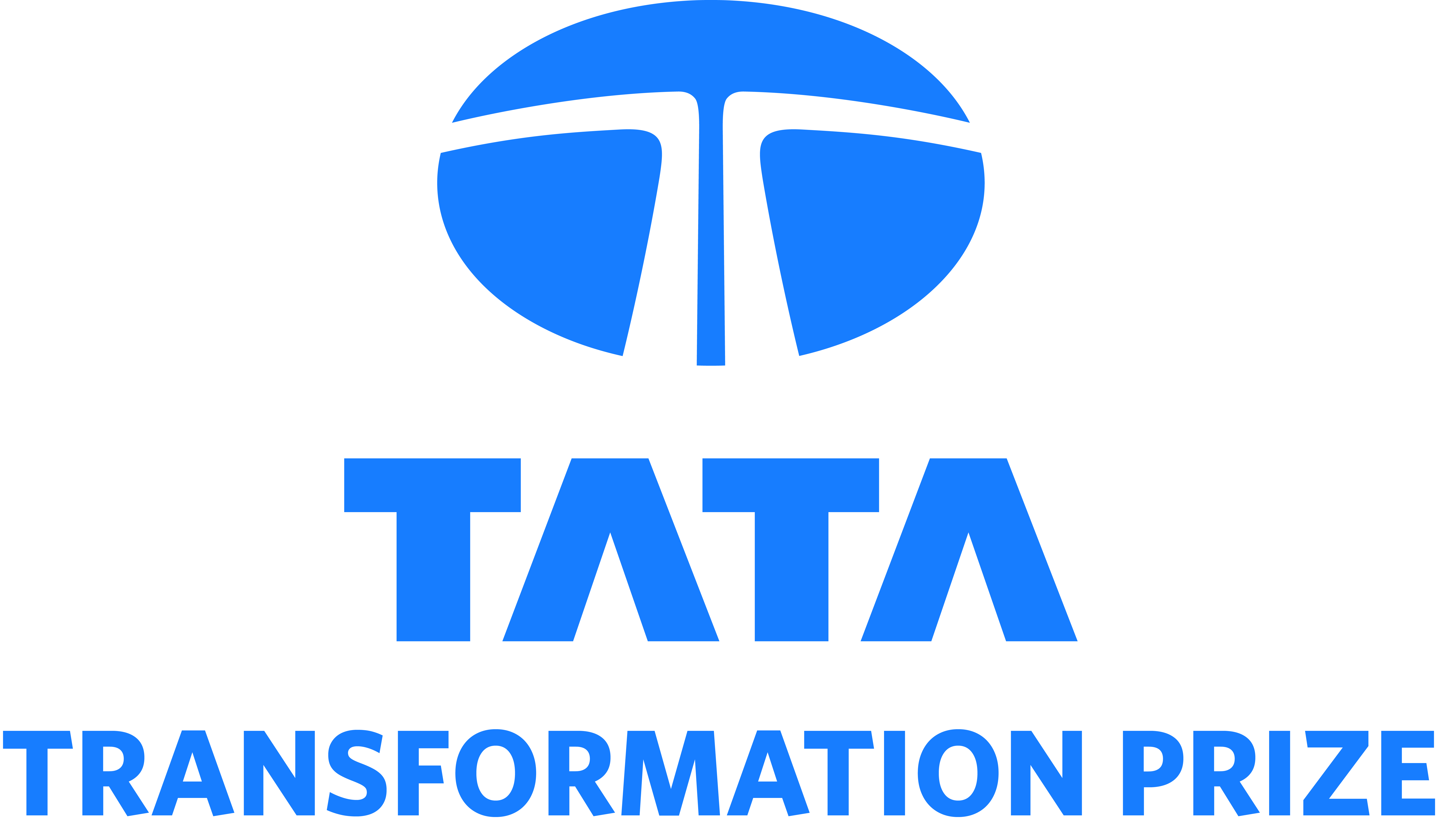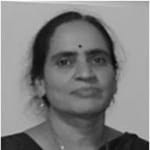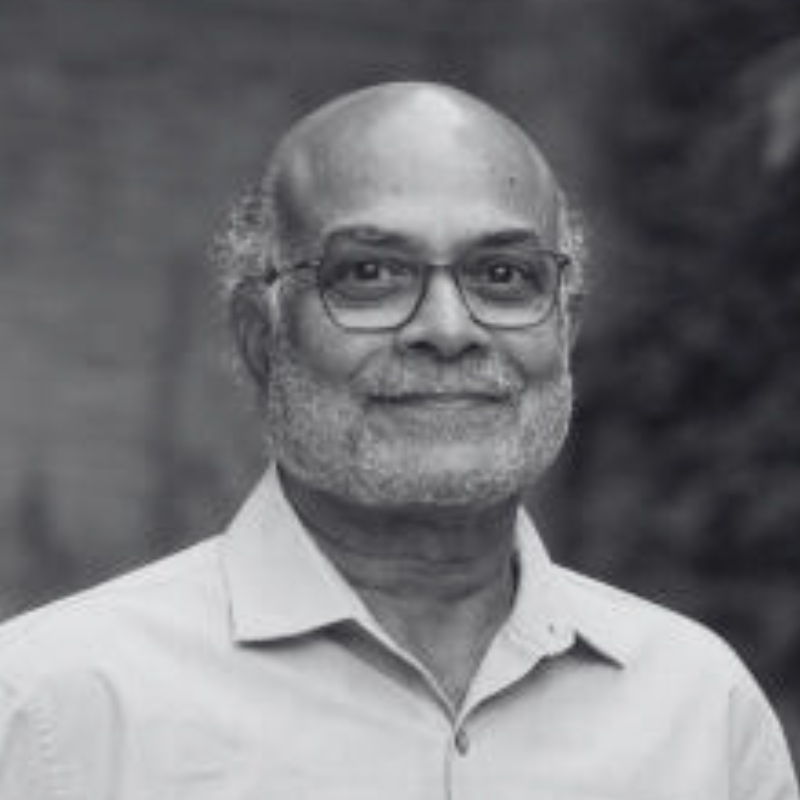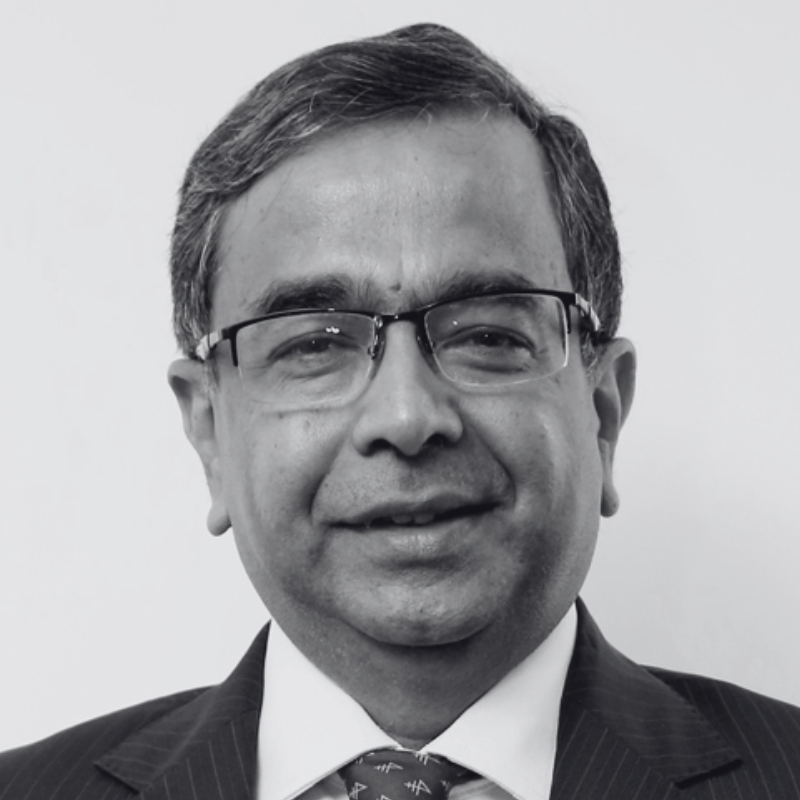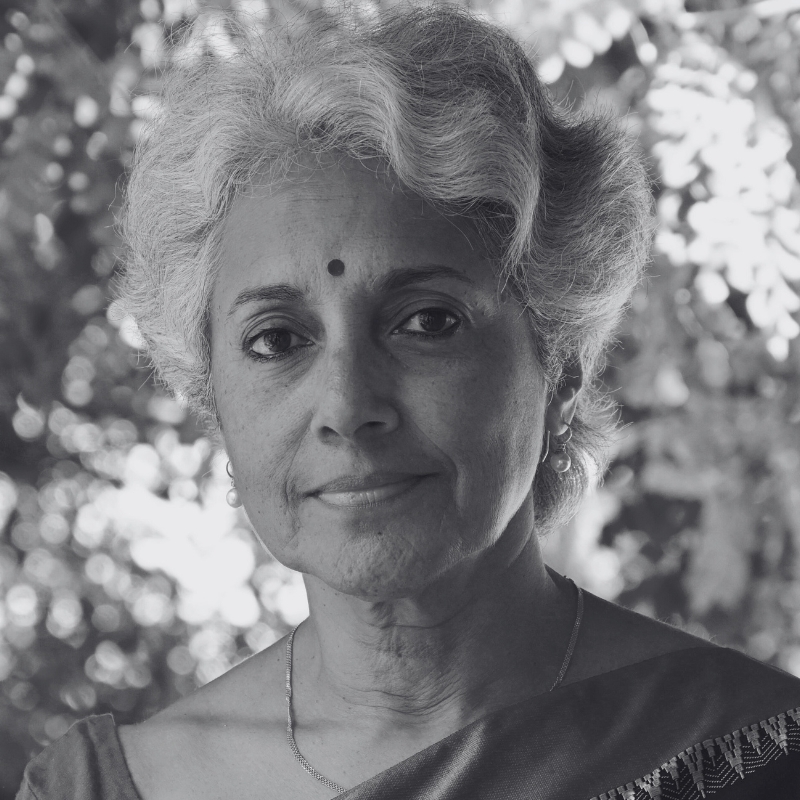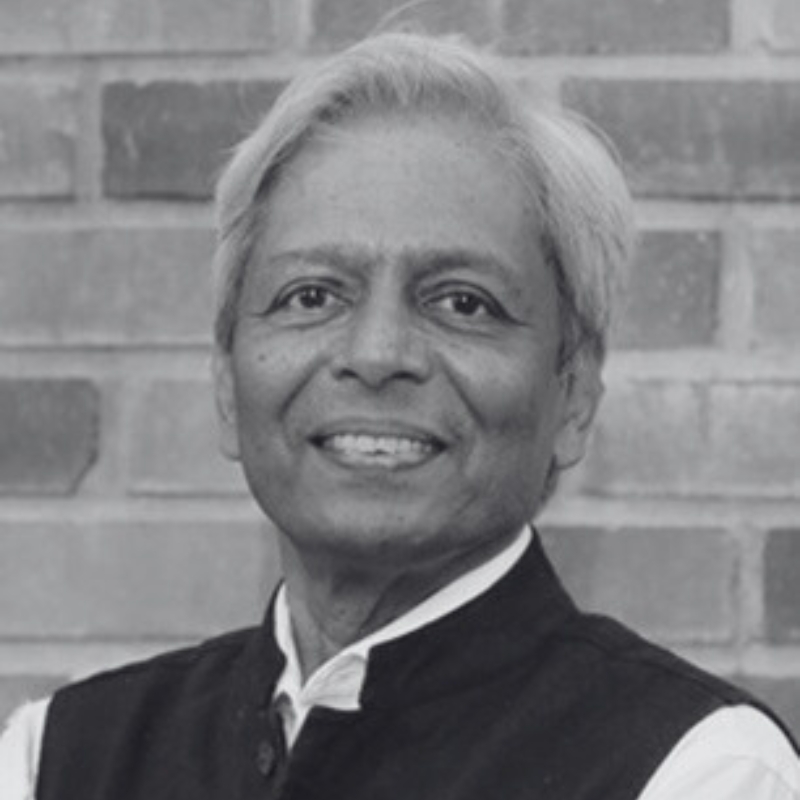Media Contact
Tata Sons
Harsha Ramachandra harsha.r@tata.com
The New York Academy of Sciences
Kamala Murthy kmurthy@nyas.org
From cancer-targeting nanorobots to sustainable biomanufacturing and climate-smart rice, this year’s Winners embody India’s transformational scientific spirit.
Mumbai, India | November 18, 2025 – The New York Academy of Sciences and Tata Sons today announced the Winners of the 2025 Tata Transformation Prize. Established to advance innovation and support visionary scientists in India developing breakthrough technologies to address India’s most significant societal challenges in Food Security, Sustainability, and Healthcare, the Tata Transformation Prize aims to generate improved quality-of-life outcomes and scale up the implementation of high-reward research for India and beyond.
Selected from a competitive pool of 212 nominations spanning 27 Indian states, the three Winners were chosen by an international jury of eminent scientists, clinicians, technologists, and engineers. Each Winner will receive INR 2 crores (approximately USD 228,000) to advance their research and scale its real-world impact. The Winners will be celebrated at an awards ceremony in Mumbai in December 2025. The jury, consisting of experts from leading academic, industrial, and governmental institutions across India, the U.S., Europe, Asia, and Australia, included representatives from IBM Research, Biocon, the Bill & Melinda Gates Foundation, the University of Messina (Italy), Murdoch University (Australia), the Indian Institute of Management Bangalore, the National Institute of Advanced Studies, and the CSIR – Central Drug Research Institute.
2025 Tata Transformation Prize Winners
Food Security Winner: Padubidri V. Shivaprasad, PhD, National Centre for Biological Sciences
Padubidri V. Shivaprasad, PhD, addresses one of India’s greatest challenges: feeding a population projected to reach 1.5 billion by 2050 amid shrinking farmland and worsening climate stress. His groundbreaking work uses epigenetic engineering and small RNA–based modifications in rice, India’s primary staple crop, to enhance stress tolerance and nutritional quality. By precisely altering the expression of key genes, Prof. Shivaprasad’s approach surpasses the limits of conventional plant breeding, which can be slow and unpredictable. His engineered rice varieties promise to reduce fertilizer and pesticide dependence, lower production costs, and improve nutrition for millions. Beyond India, this innovation offers a sustainable blueprint for staple crops worldwide in the face of global climate change.
Sustainability Winner: Balasubramanian Gopal, PhD, Indian Institute of Science
India’s growing biomanufacturing sector urgently needs cleaner, cost-effective alternatives to traditional energy-intensive chemical synthesis methods. Balasubramanian Gopal, PhD, has developed a green chemistry platform that harnesses bioengineered E. coli bacteria to produce key chemicals used in pharmaceuticals, cosmetics, and agriculture. Integrating artificial intelligence with experimental biology, his lab rapidly designs efficient enzymes and optimizes microbial strains for high yields, without antibiotics or harmful additives. This sustainable technology can replace traditional chemical manufacturing, thus reducing pollution, enhancing domestic production, and positioning India as a global leader in environmentally responsible biomanufacturing.
Healthcare Winner: Ambarish Ghosh, PhD, Indian Institute of Science
Ambarish Ghosh, PhD, is pioneering a breakthrough in cancer treatment using magnetic nanorobots – tiny, helical devices that can be safely guided through the body using magnetic fields. These nanorobots are designed to navigate complex biological environments, deliver drugs directly to tumors, and distinguish cancerous tissue from healthy cells. His team is also creating real-time imaging tools to track and steer the nanorobots during treatment. This technology promises more precise, less invasive cancer therapies with fewer side effects, with the potential to revolutionize cancer care worldwide and make advanced treatments more accessible and affordable in India and other low- and middle-income countries.
“The scientific advancements achieved by this year’s winners—creating climate-resistant crops, sustainable bio-manufacturing, and targeting cancer with fewer side effects—are the result of years of dedication and sacrifice. Their work is significant for India, and for humanity at large,” said N. Chandrasekaran, Chairman of Tata Sons. “The Tata Group has long believed that science and technology pave the way for larger human progress, and we are proud to support this year’s winners in their endeavour to push the frontiers of excellence.”
“The Tata Transformation Prize celebrates scientific breakthroughs with the power to address pressing societal challenges while fostering economic progress and global impact. The 2025 Winners exemplify the power of Indian science to drive meaningful global change,” said Nicholas B. Dirks, President and CEO of The New York Academy of Sciences. “Their innovations span biology, engineering, and sustainability, reflecting the spirit of creativity and social purpose that this prize was designed to honour.”
About the Tata Transformation Prize
The Tata Transformation Prize was established in 2022 by Tata Sons, powered by The New York Academy of Sciences, to support breakthrough, innovative technologies that address India’s most significant challenges. By recognizing and supporting the implementation at scale of high-risk, high-reward research, the Prize will drive impactful innovation in scientific disciplines of importance to India’s societal needs and economic competitiveness. The Prize will leverage the exceptional potential of scientists in India to address critical national challenges in three categories—Food Security, Sustainability, and Healthcare—and generate improved life quality outcomes across India and beyond. The Tata Transformation Prize recognizes one Winner in each category, with INR 2 crores (approximately USD 228,000) for each Winner. Click here for more information about the Tata Transformation Prize.
About the Tata Group
Founded by Jamsetji Tata in 1868, the Tata Group is a global enterprise, headquartered in India, comprising 31 companies across multiple verticals. The group operates in more than 100 countries across six continents, with a mission ‘To improve the quality of life of the communities we serve globally, through long-term stakeholder value creation based on Leadership with Trust’.
Tata Sons is the principal investment holding company and promoter of Tata companies. Sixty-six percent of the equity share capital of Tata Sons is held by philanthropic trusts, which support education, health, livelihood generation and art and culture.
In 2024-25, the aggregate revenue of Tata companies was more than $180 billion. These companies collectively employ over 1 million people.
Each Tata company or enterprise operates independently under the guidance and supervision of its own board of directors. There are 26 publicly listed Tata companies with an aggregate market capitalisation of more than $328 billion as on March 31, 2025.
